| What an honour to be name-checked in Charli’s post introducing the latest flash fiction challenge on rethinking the hero’s journey. Having been obsessed with my reservations about this story structure in the past, and equally obsessed with recording random ideas for the blog, I went to my drafts folder to look for something I could revise. Step forward Unheroic characters, grief, ambivalence and mourning. Right, okay? Except I find I’m no longer so obsessed. Never mind, some of what I dictated so earnestly a couple of years ago can be salvaged. |
Welcome
I started this blog in 2013 to share my reflections on reading, writing and psychology, along with my journey to become a published novelist. I soon graduated to about twenty book reviews a month and a weekly 99-word story. Ten years later, I've transferred my writing / publication updates to my new website but will continue here with occasional reviews and flash fiction pieces, and maybe the odd personal post.
|
4 Comments
I wouldn’t blame you if the opening has put you off my most recently published short story (or the length at over 3000 words) but, if you do choose to read it, you might be able to help me decide where, if anywhere, to take these ideas next.
Can you rewrite your own history and get away with it? That’s what Joseph Silk and Mary Holmes, lead characters in these two new novels, seem to have done. Both have been motivated to avoid traumatic memories – but there are consequences. In Joseph’s case, it’s been the impact on his family; in Mary’s, it’s a lifetime of guilt. Both novels feature a bond between young and old. Both address aspects of the Second World War: Joseph takes his suffering under Nazi-inspired racism in Hungary to his grave; far away in relatively safe Dorset, the backdrop of war pushes Mary to confess. Read my reviews and see whether you sympathise with the decisions they took.
When teenagers flee the family home to fend for themselves, they swap one kind of brutality for another. And while their troubled lives will have forced them to develop survival skills in some areas, they are often more vulnerable than their peers in others, such as emotional literacy. But real-life tragedy can make engrossing fiction as you’ll find if you let the young narrators of these two novels lead you into the wilderness: Jaxie in Western Australia and Sal and her younger sister in Scotland. For real-life youth homelessness, mostly in urban areas, Centrepoint (in the UK) is worth supporting.
Oh dear! As a Ranger in the Peak District, albeit only as a volunteer on alternate Sundays, I carry a sense of responsibility for the safety of visitors to the National Park. So it’s rather disconcerting to read about two teenage girls, on holiday from London, going missing there in a matter of weeks. Fortunately, both were characters in novels, and both providing the foundation for an engrossing story about the repercussions: the first for the residents of a fictional Derbyshire village; the second for the family of the girl who is found after four agonising days.
Two debut novels by women about women reviewing their (successful and stable) marriages in the context of an important relationship for one partner that’s not shared with the other. In the first, the wife’s passion for God and poetry leads her into the mind, arms and eventual bed of a man who isn’t her husband; in the second, the wife, emerging from her grief at her husband’s sudden death, becomes suspicious about the nature of his secret friendship with a woman he’s met on business trips abroad. Both authors employ non-linear structure to good effect.
When we find ourselves unmoored, we might be extra motivated to seek to consolidate our roots. That’s the slim connection between these two novels in which a woman confronting terrible loss decides to research her family tree. Both involve a story of migration: Jane Ashland’s ancestors moved from Norway to the USA; Neha’s in The One Who Wrote Destiny came from Kenya (and before that India) to the UK. For another novel about tracing the members of an extended family, see Kintu.
I couldn’t resist pairing these recently published, unconventionally structured, debut novels about relationships: their intriguing one-word titles are almost interchangeable, with Alice in Asymmetry magnetically drawn to (and later repulsed by) her much older lover and the mother-daughter relationship explored in Magnetism inherently asymmetrical. My reading experience of both was mixed, strongly engaging with the second halves significantly more than the first. See what you think.
A historical novel about Arctic exploration or a novel set in a near-future South Africa? A romance or an account of a relationship falling apart? A motherless girl or a fatherless boy? Wild animals or ice? Both of these novels explore the conflict and compassion that connects us to the natural world, but it was a bonus for me to read that the protagonist of Green Lion told his friend that his father was killed in a hunting accident in the Arctic, the setting of Under a Pole Star. Read on to see if I was right to pair these reviews.
Okay, perhaps not the most elegant title to sum up the common thread between these three debut novels from small and innovative independent publishers. But they’re all, in very different ways, about life with a brain or mind that functions a little differently from average. In the first, we meet an elderly voice hearer on a mission to bring hope to his granddaughter. In the second, a retired teacher with dementia is convinced a former pupil can save him from the persecutory antics of his deceased father. The third takes the reader even further into the realms of fantasy as a teenager with unexplained blackouts is drawn into a world she thought existed only in her dreams.
In literature, as in life, revolution often entails blood loss and drama. In these reviews we eavesdrop first on an assassination plot at the beginning of the Russian Revolution, while the second features an unexplained domestic death against the backdrop of the French Revolution.
I decided to pair these novels after reading blurbs suggesting both were about young women adapting to significant losses: the mother’s disappearance in Swimming Lessons and a close friend’s suicide in Our Magic Hour. But, on reading the latter, I felt the main character’s issues predated that particular tragedy, originating with a highly ambivalent mother in a difficult marriage. Unfortunately for the character, but very accommodating for my reading and blogging schedule, the same applies to the first novel. I hope one or both of these will appeal but, if not, you’ll find several other posts and reviews on the theme of family dynamics if you follow the link.
Every novel is comprised of different parts that writers, readers and reviewers hope will combine into a satisfying whole. My last two reviews of 2016 – before I reveal my favourites of the year – are of novels for which finding that coherence is a particular challenge, but extremely worthwhile if achieved. Both published this summer, neither seems to have attracted many reviews on Goodreads, but I’m impressed with both (albeit one more than the other) so I hope you’ll at least give my reviews a chance.
Not really, of course! But I thought it would be fun to combine my reviews of two novels with “Everything” in the title, especially when both explore the nature of memory and require the reader to work a little harder to figure out who is speaking sometimes. Oh, and they both have blue covers!
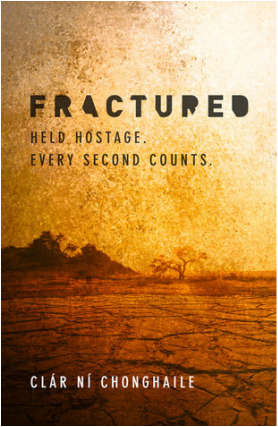 Locked in a dark room somewhere in Mogadishu, Peter Maguire has ample time to consider the legacy of his three decades on this earth. A journalist with a CV full of danger zones, he has a girlfriend in Paris who enjoys weekends in the Loire Valley and a five-year-old son in Monrovia she doesn’t know about and he’s never seen. He’s been estranged from his mother, also formerly a journalist in West Africa, since she told him his biological father is not the gentle Irishman he’s called Dad all his life, but an American photographer with whom she had an affair in Liberia. If life weren’t complicated enough, his friend and local driver was shot dead when Peter was kidnapped, and he’s about to be sold on to the brutal Al-Shabaab. He finds a glimmer of hope and humanity in the Somali teenager who brings his food, but can Abdi really rescue him from captivity? 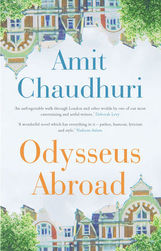 It’s August 1985, and Ananda, a student of English at the University of Central London with aspirations to be a poet, has a whole day to fill. We follow him reluctantly get out of bed, fret about the neighbours’ noise, miss his mother who has recently returned to Bombay, attend a meeting with his tutor, and hang out with his equally eccentric uncle, Rangamama, as they separately reminisce and bicker about their lives. Their territory is Bloomsbury, Hampstead and Belsize Park, a world of disappointing Indian restaurants, public transport, and potentially racist drunks. Inveterate outsiders, not just in London but in Asia, too: their Sylheti Hindu heritage having been twice rebranded (first with Partition, then with Bangladeshi independence) and leaving a legacy of “Indian” restaurants and the revered poet, Tagore. Desperately unhappy, the two men cling to each other despite their differences, Ananda possibly seeing his empty future in his uncle. It’s hard to know what to make of a novel comprised of all the minute quotidian detail that most novels would cut out. There are touches of humour, and I especially enjoyed this exposition on the lack of reference to lavatorial necessities in Western film and literature (p128-9): 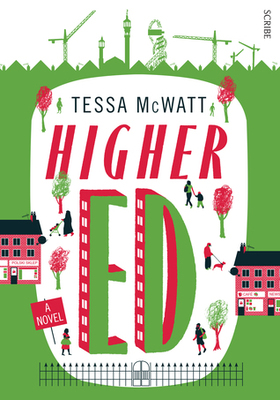 Francine is grappling bulimia and the menopause along with wondering whether she’ll survive the coming cuts in Quality Assurance. Robin genuinely cares about his students as he philosophises over film and the dread of having a baby with the wrong woman. Olivia wants to put the world to rights but isn’t sure if her law degree will let her, or whether she should start with her own dysfunctional family and the father who’s been hidden from her since she was four. Ed soothes his own loneliness by ensuring the unloved and unwanted still get a good sendoff. Katrin navigates the gulf between London and her native Gdansk in the cafe where she works and with the gentle Englishman who seems to like. Each of these five point of view characters are vividly and sympathetically realised on the page. Each of them follows an interesting narrative arc, complete with back story and associated minor characters, I could have followed for an entire novel. But just as the characters seem to question whether there’s anything more cohesive than the fragments of their world (p151, 267): |
entertaining fiction about identity, mental health and social justice
Annecdotal is where real life brushes up against the fictional.
Annecdotist is the blogging persona of Anne Goodwin:
reader, writer, slug-slayer, tramper of moors, recovering psychologist, struggling soprano, author of three fiction books. LATEST POSTS HERE
I don't post to a schedule, but average around ten reviews a month (see here for an alphabetical list), some linked to a weekly flash fiction, plus posts on my WIPs and published books. Your comments are welcome any time any where. Get new posts direct to your inbox ...
or click here …
Popular posts
Categories/Tags
All
Archives
March 2024
BLOGGING COMMUNITIES
|



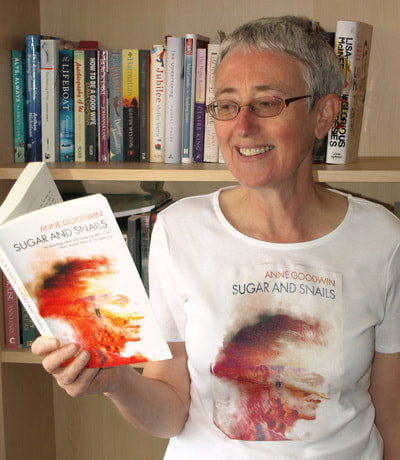

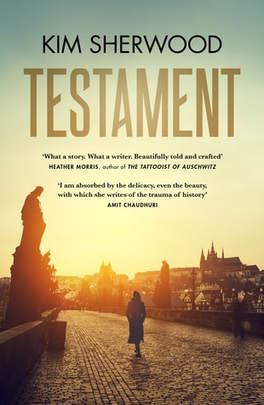
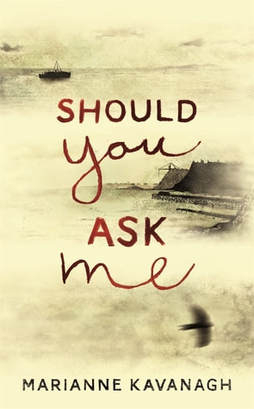

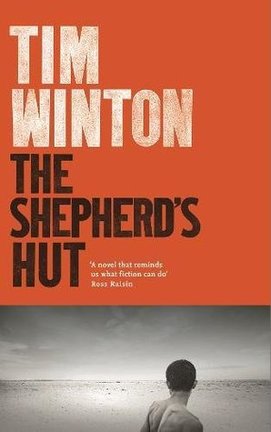
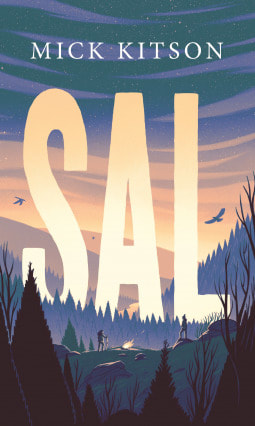
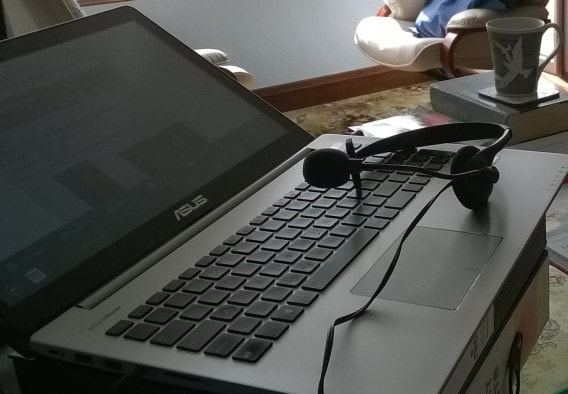
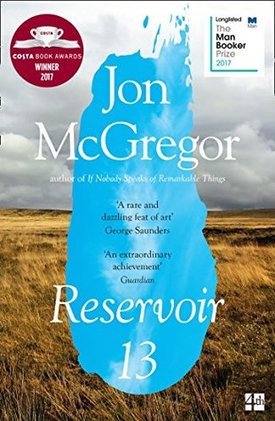
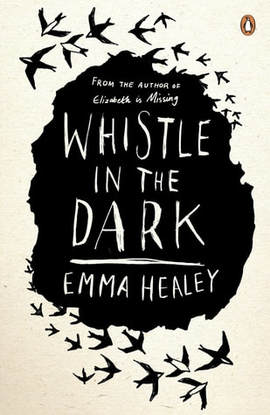
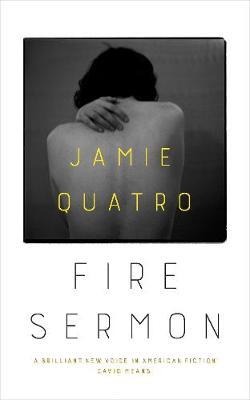
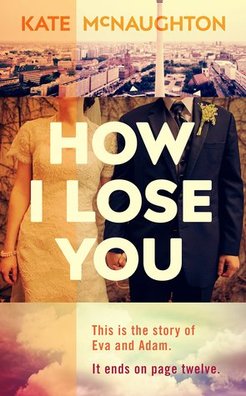
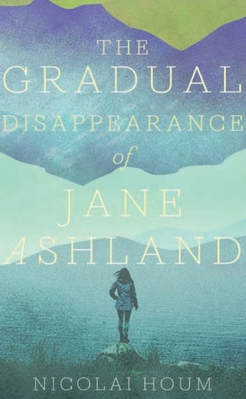
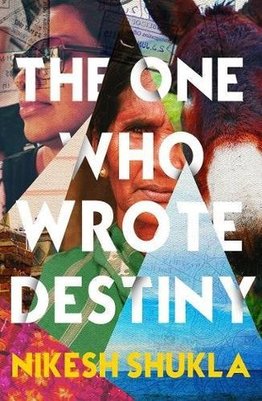
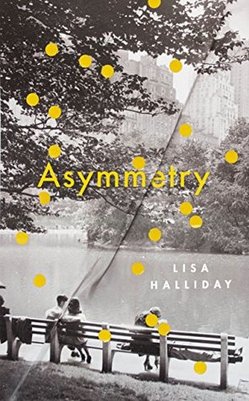
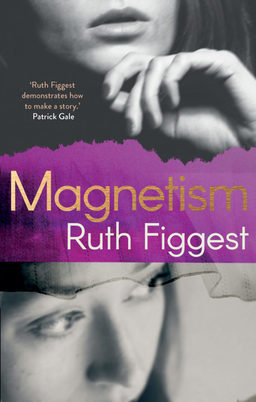
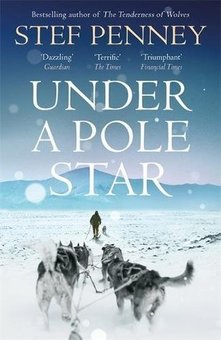
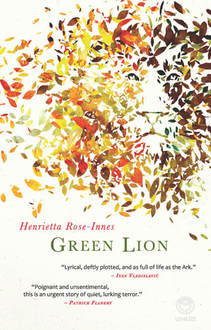
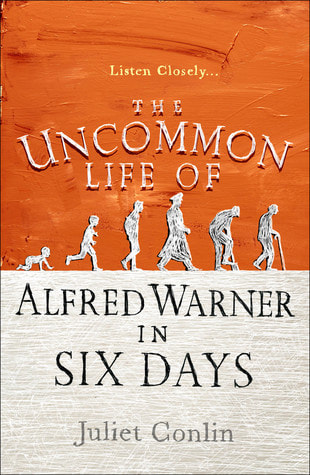
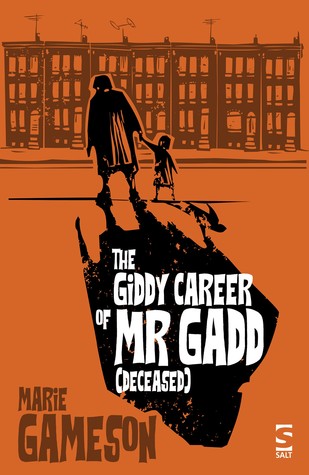
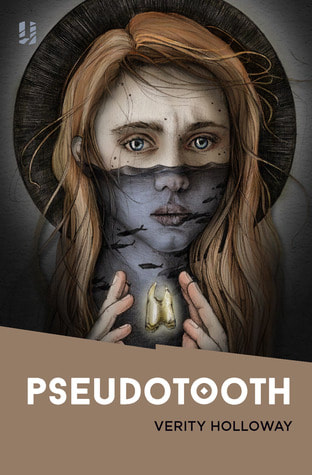
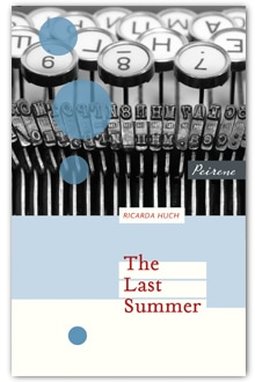
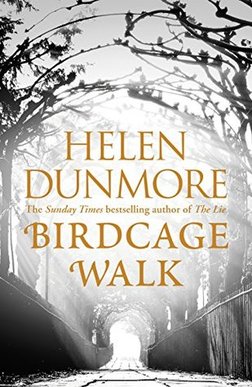
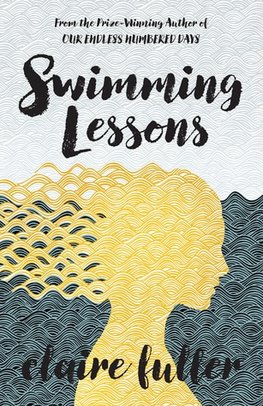
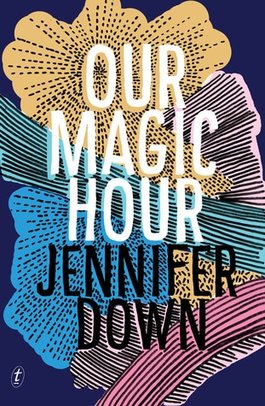
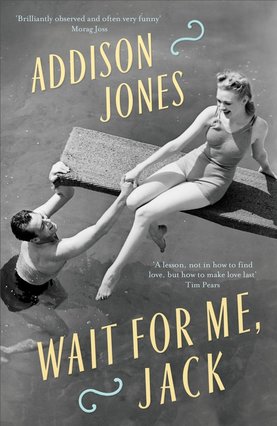
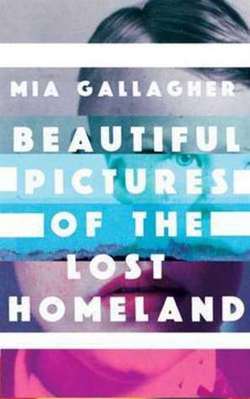
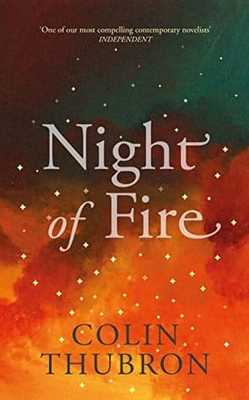
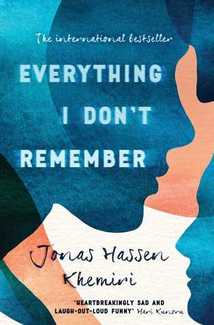
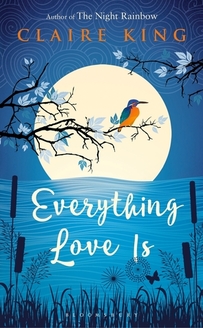
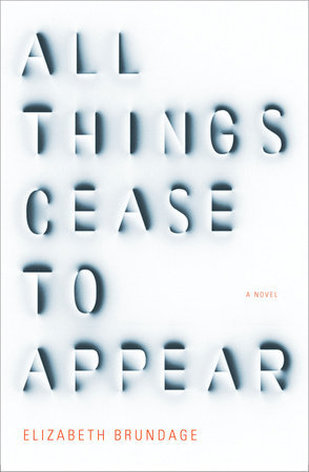
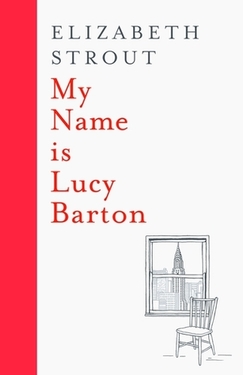





















 RSS Feed
RSS Feed





















